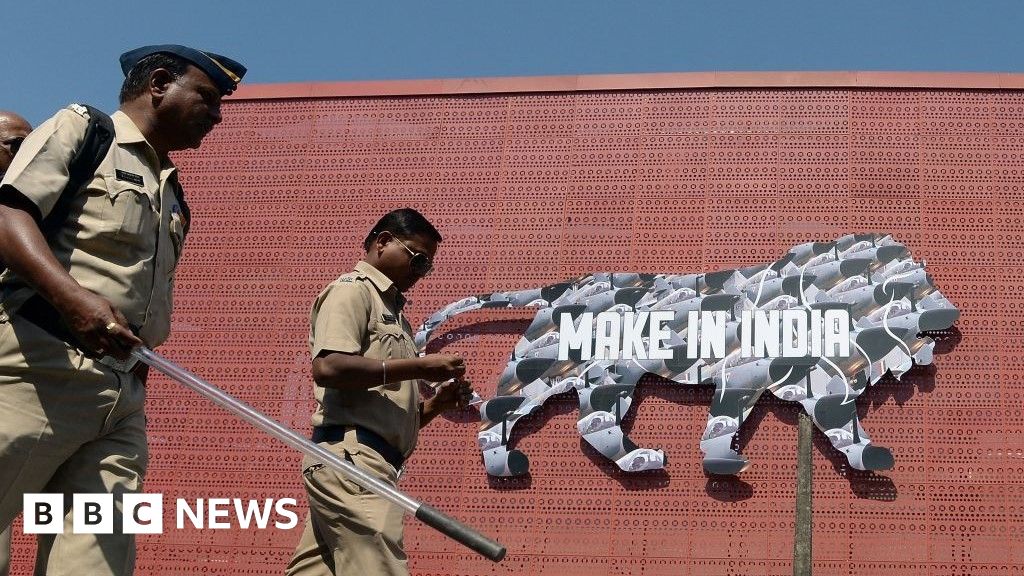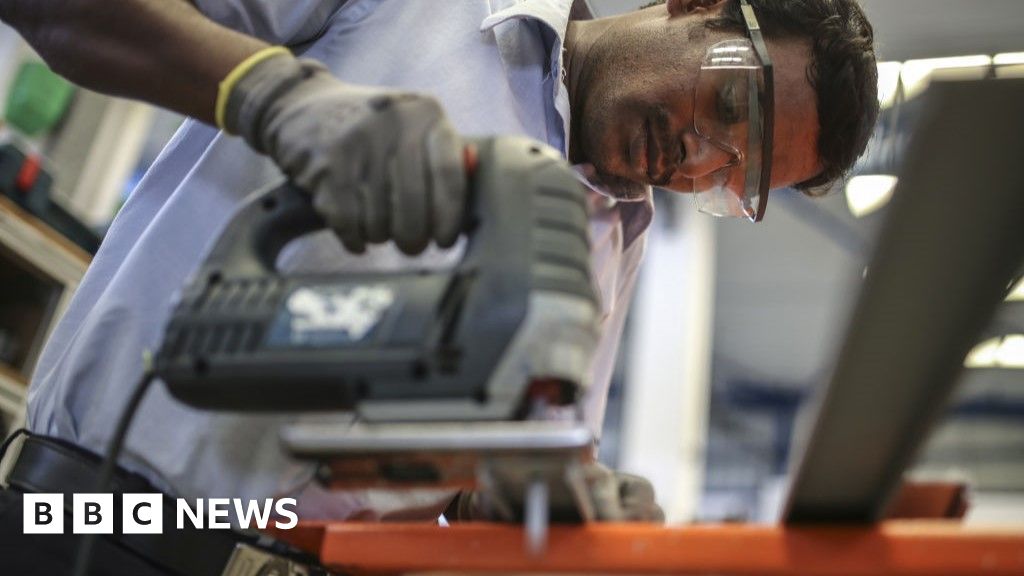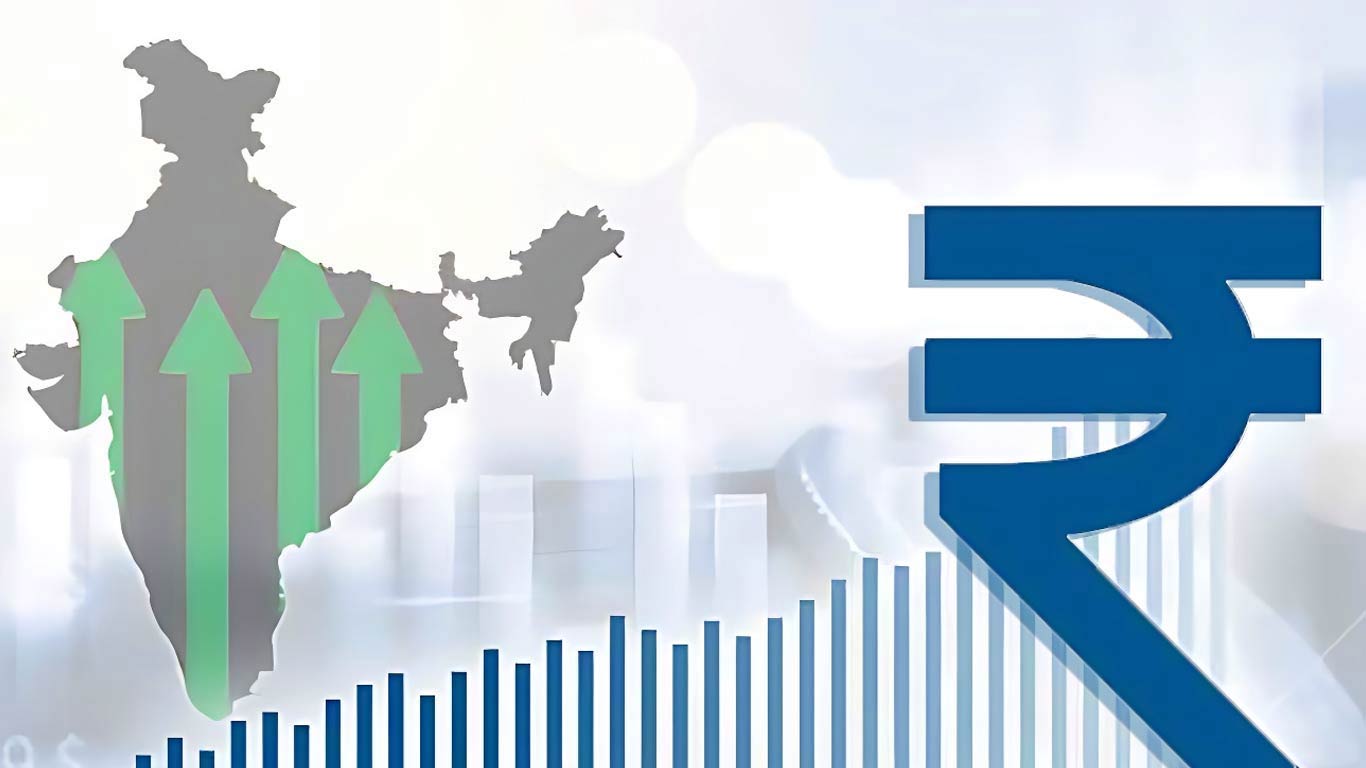He also said that the role of newspapers was crucial in the journey towards Viksit Bharat over the next 25 years and appealed to Indian publishers to increase their global presence.
“The media makes people aware of their strength. The natural role of the media is to create discourse by discussing serious issues,” Modi said, stressing the impact of government policies on the functioning of the media.
The role of newspapers is very important in the journey towards Viksit Bharat in the next 25 years. The citizens of a country who gain confidence in their abilities reach new heights of success. The same is happening in India today, Modi said.
He said the INS has not only witnessed the ups and downs of India's journey but has also experienced them and conveyed them to the people.
“The global image of a country directly impacts its economy. Indian publications should expand their global presence,” the Prime Minister said.
He said the media was not a silent spectator of the state of nations but played an important role in changing them.
Modi underlined the role of newspapers and magazines in the journey towards Viksit Bharat in the next 25 years and stressed the role of media in creating awareness about the rights and potential of citizens.
He also spoke about how India has become a leader in digital payments.
“There was a time when some politicians said: digital transactions were not for India. They had the preconceived notion that modern technology cannot work in this country,” he said.
Modi further said that the world is witnessing the capabilities of Indians and today the country is setting new records in digital transactions.
“Due to India’s UPI and modern digital public infrastructure, people's living standards have improved and it has become easier for them to send money across national borders,” Modi said.
The country will benefit from the effective work of the Indian Newspaper Society, he added.
The Prime Minister said that before 2014, most people were unfamiliar with the word 'startup', but through the media it had reached every household.
He also highlighted the success of digital transactions in India as an example of how empowered citizens achieve great success.
The Prime Minister cited financial inclusion and opening of bank accounts through the Jan Dhan Yojna movement and the integration of around 500 million people into the banking system as examples, adding that major nations are interested in India's digital public infrastructure.
“This project has been the biggest help for Digital India and anti-corruption initiatives,” he said.
Modi stressed that the government attaches great importance to environmental protection. In his opinion, this is less a political issue than a humanitarian one.
He said the recently launched ‘Ek Ped Maa Ke Naam’ campaign was being discussed all over the world and world leaders had shown keen interest in the programme during the G7 summit.
Praising the media for making movements like Swachh Bharat and Startup India a part of the national discourse, Modi said these initiatives were not influenced by voter politics.
He underlined the important role of the media in enhancing the sense of duty and awareness among citizens about the Constitution in view of the celebrations of the 75th anniversary of the Indian Constitution.
The Prime Minister reiterated that India will become the third largest economy in the near future.
“It is the responsibility of the media to convey India's success to every corner of the world. The global image of a country directly impacts its economy,” he said.
Modi also spoke about the growing importance of the Indian diaspora given India's rising reputation and its growing ability to contribute to global progress.
The Prime Minister wanted to expand Indian publications in all UN languages and said that the websites, microsites or social media accounts of these publications could be in these languages.
(You can now use our Economic Times WhatsApp channel)

“Pop culture scholar. Subtly charming beer specialist. Reader. Student. Devoted music advocate.”




.jpg?w=1200&auto=format%2Ccompress&ogImage=true)


